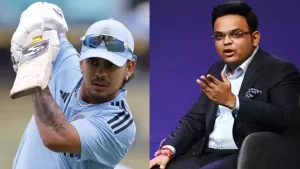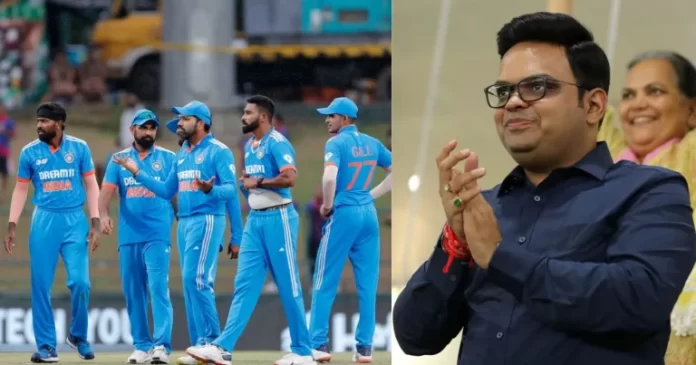“Skipping domestic red-ball games will have severe implications,” BCCI secretary Jay Shah cautions. Jay Shah, sent a letter on Friday to the nation’s best players, both those under central contracts and those playing for India A. In it, he warned them that playing domestic cricket is still a “critical yardstick for selection” to the national team and that skipping it could have “severe implications.”
The letter stated that “the concerning trend of players prioritising the IPL over domestic red-ball cricket” was the reason for the communication.
A worrying trend has been observed recently and should be taken seriously. Unexpectedly, some players have started to value the IPL more than local cricket. In our vision for the game, domestic cricket has always been the cornerstone upon which Indian cricket is built, and Shah stated as much in the letter.
Furthermore, he stated that “domestic cricket serves as the feeder line to Team India and forms the backbone of Indian cricket.”
“We have always had a clear  Indian cricket: every player who wants to play for India has to establish themselves in their home country. The BCCI secretary stated, “Performance in domestic cricket is still a crucial criterion for selection and non-participation will have dire consequences.
Indian cricket: every player who wants to play for India has to establish themselves in their home country. The BCCI secretary stated, “Performance in domestic cricket is still a crucial criterion for selection and non-participation will have dire consequences.
The board expresses its worries in the letter regarding “the health and status of our domestic cricket.”
Although the board is proud of the IPL’s popularity and achievements, Shah stated that players should prioritize domestic red-ball cricket and recognise its importance as a springboard to representing India.
The letter was sent in response to players, such as wicketkeeper-batsman Ishan Kishan, who disregarded requests to participate in the current Ranji Trophy in order to maintain fitness and get ready for the upcoming IPL season. Along with other players like Shreyas Iyer and Deepak Chahar, Kishan did not play in the Ranji Trophy final round, which got underway on Friday.
Shah also gave instances of how athletes in the past seized the chance to compete for their states in national competitions. Legends such as Sunil Gavaskar demonstrated this commitment by playing club cricket the morning after returning from a global tour. Domestic cricket was regarded as a duty and a source of pride in addition to a commitment, the author wrote.
The BCCI secretary reiterated earlier this week that the board will not accept justifications from centrally contracted players wishing to forego participating in domestic red-ball cricket, and he also followed through on his pledge to correspond with the concerned players.
With the board’s most recent directive, there is no room for doubt.

































